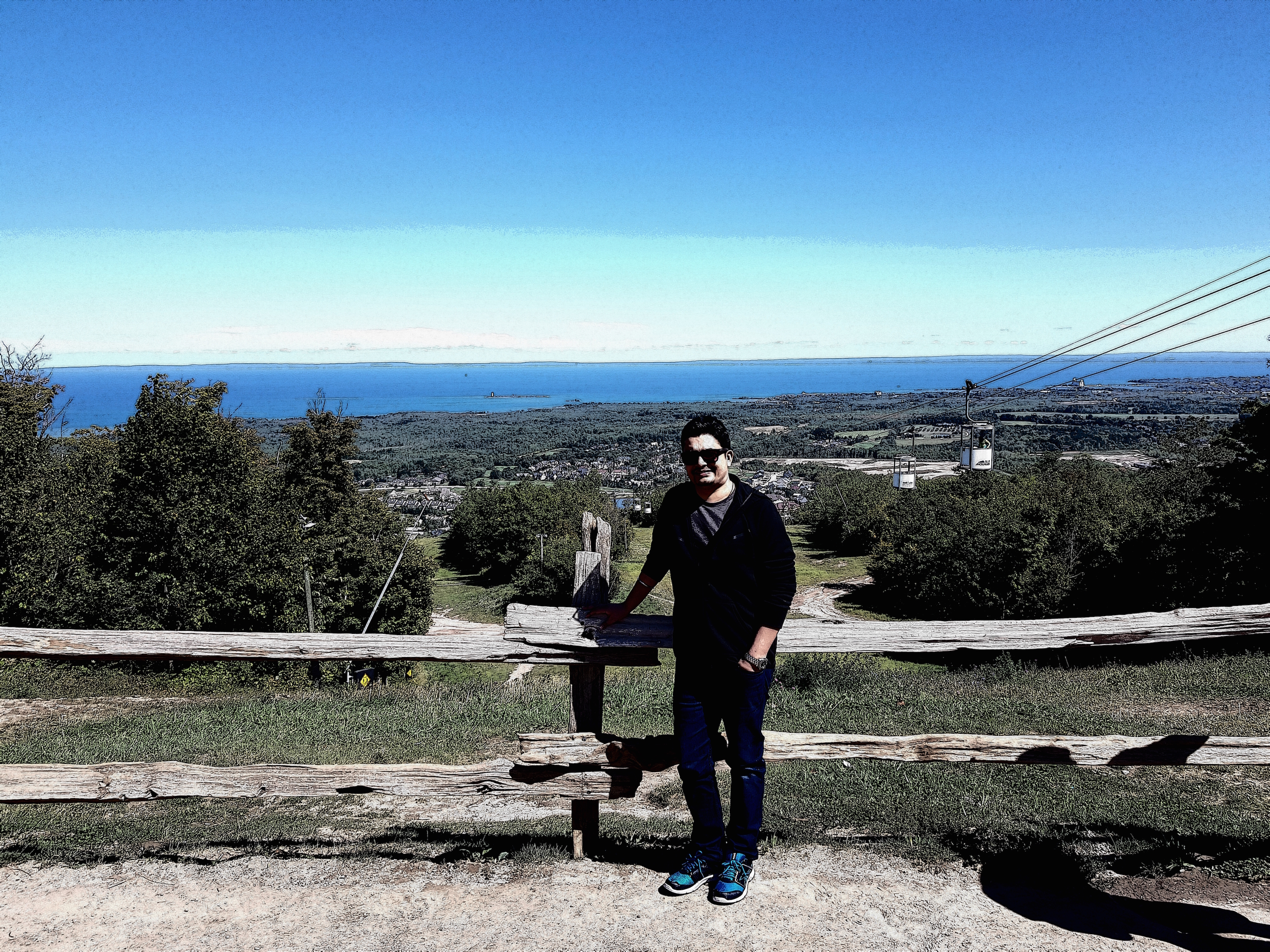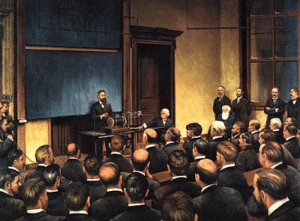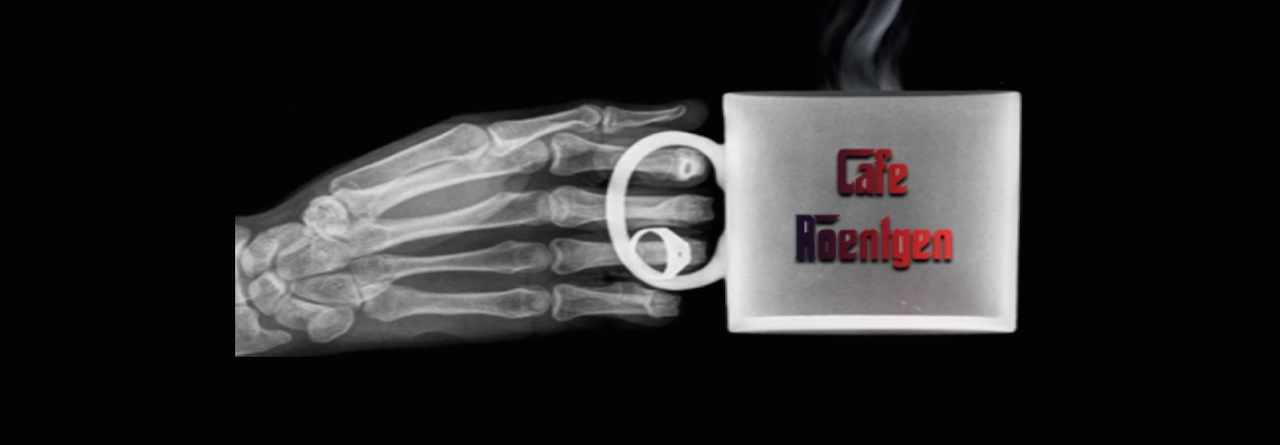Course, Hospital and City: Fellowship in Musculoskeletal Radiology at Postgraduate Institute of Medical Education and Research (PGIMER), Chandigarh.
Duration: One year course. Degree certificate is awarded by PGIMER, Chandigarh and the degree is MCI recognised. The one year experience counts as teaching experience.
No. of seats: General-01, Sponsored-01, Foreign National-01 (Foreign national seat is for every alternate year.)
Sponsored seats are for state/central government medical colleges/institutes candidates, recommended by them for training in PGIMER. The candidate must have 3 years of regular/permanent service before applying. Deputation/Sponsorship from private Institute/Hospital/Nursing Home is not be accepted.
Age limit: Age should not be more than 35 years, but there is age relaxation of 5 years for sponsored candidates.
Eligibility: MD (Radiology) or its equivalent degree from the University/ Institute recognized by the Medical Council of India. The candidate must be registered with National/State Registration Council and must have two years of post MD experience as Senior Resident or equivalent. Please note that DMRD are not considered eligible generally in PGIMER for fellowships or even senior residency. For DNB candidates, the course should be done in a teaching institute followed by 2 years senior residency, but detailed eligibility need to be clarified from training branch before applying.
Fellowship application process and entrance exam: Entrance exam is held generally in June/July and the result of the written exam is declared on the next day, which is then followed by Viva- voce exam and counseling on subsequent days.
The entrance test has 80 objective type questions divided into Part-I – Radiodiagnosis & Imaging (50%) and Part-II Musculoskeletal Radiology (50%). There will be negative marking to the tune of 0.25 marks for each wrong answer in the theory paper. The duration of the theory paper will be 1 ½ hours. The candidates obtaining minimum 50% marks will qualify for a departmental practical examination for 20 marks related to Musculoskeletal Radiology which will include Spot the diagnosis, viva and short case (Total 100 marks). The various formalities and application can be accessed via the PGIMER website i.e. http://www.pgimer.edu.in.
Thesis/research/publication: Thesis not required. Research and publication in musculoskeletal radiology is encouraged.
Outline of fellowship: The department of Radiodiagnosis in PGIMER has a dedicated musculoskeletal radiology section with two experienced musculoskeletal radiologist teachers (Dr Mahesh Prakash and Dr Anindita Sinha) having authority in the subject with known national and international repute. In addition, the hospital has dedicated specialities from Orthopaedics including Sports medicine clinic, Rheumatology, Endocrinology, Plastic surgery, Paediatrics and Oncology, catering to a vast expanse of cases resulting in widening of the exposure for learning and doing research in this field.
The rotation schedule varies every year, but, in general includes monthly rotations amongst various postings. Current rotation roster includes about 4 months of diagnostic MRI, 2 months of CT, 1 month of USG, 2 months X-ray including DEXA, 1 month of non-vascular intervention (including biopsies, FNACs, Bone/Joint injections), and 15 days of DSA and Vascular intervention. Remaining 1.5 months are divided into Orthopaedics, Cytopathology, Rheumatology and miscellaneous. The above posting schedule may vary also depending upon the requirement of the department. RFA (Radiofrequency ablation) procedures are also routinely done by the fellow under the guidance and supervision of consultant. Cryoablation procedures have also been started in the department.
Apart from the above curriculum, the fellow will actively participate in journal clubs and seminars (with two each needing to be presented by the fellow in the year), senior resident teaching classes, clinico-pathological conferences, clinical meetings with allied departments (including Orthopedics, Medicine, Rheumatology, Pediatrics, Cytology and Histopathology, etc). He/ She will be encouraged to submit papers, and to present these papers in musculoskeletal radiology related conferences. He/ She may also may be asked to work in other areas apart from musculoskeletal radiology depending upon the requirement of department.
Exit exam: Log Book is checked and internal assessment of the candidate is done by the faculty of the department. The final examination shall be conducted by a board of two examiners, one of whom shall be an external examiner. Maximum marks for complete examination will be 400. Theory examination is held followed by a practical exam. The practical examination includes evaluation of one long case, two short cases, spot the diagnosis, viva voce and demonstration of skills of clinical evaluation and execution of at least one Interventional procedure. The practical examination is quite exhaustive, with a detailed evaluation of the candidate for his/her knowledge of Musculoskeletal Radiology including current concepts and future trends.
Working hours and night duties: Depends on postings but generally you are on duty from 08:00 to 20:00 hours. There is no fixed timing for intervention postings and they tend to be busy. In addition, you can be on call duty and also be put in emergency areas where you might have to do night duty from 20:00 to 08:00.
Hostel accommodation: Depending upon availability, it may be provided.
Academic activities and multi-disciplinary meets: As fellows, the candidate will undertake postgraduate teaching assignments of the department, both in form of didactic lectures and practical demonstrations. Obligatory responsibilities include regular journal reviews and case presentations to peer group. This would include conducting clinico-radiological conferences in collaboration with other departments.
Fees and salary: Overall fee is approximately INR 3000/-. The salary is as per scales of central government and is about 90k- 1Lac per month.
Leaves: Candidates are entitled to 30 days leave during the course, in addition to weekly off days. Obtaining leaves depends upon the concerned faculty and taking permission in advance.
Pros:
- Excellent exposure to almost the entire spectrum of MSK-related cases.
- Adequate hands on- MSK ultrasound and interventions with good support and help from dedicated faculty.
- Experience in RFA (radiofrequency) and cryoablation procedures.
- Opportunity to work on Advanced Imaging machines and exposure to latest research work in field of musculoskeletal radiology imaging.
Cons: There are really no cons!
The journey of musculoskeletal radiology in PGIMER is an enriching and challenging one with a lifetime worth of cases, knowledge and experience. PGI as an institute has vastly experienced, dedicated and committed teachers and colleagues. It is entirely upto the candidate to extract as much as he/she can from this place. Wish you all the very best!
– Dr Gurpreet Singh Sandhu, MD, Fellowship MSK radiology, PGIMER, Chandigarh, 2018-19
Current affiliation: AP, GMC, Punjab.



Pingback: Radiology Fellowships, DMs and Super-Speciality DNBs in India – Cafe Roentgen
Pingback: IR Fellowship, PGI Chandigarh – Cafe Roentgen
I observe that there’s no allotment of fellowship seats to DMRD candidates in India. Can one presume that the chances of diploma candidates to secure post graduate degree levels is doomed?
LikeLike
Not sure about doomed, but it certainly is not easy to secure a seat in an institute with a formal exam. Private institutes may or may not offer such a fellowship to a dmrd candidate. But one would assume that someone who has demonstrated sincerity and excellence as a senior resident or something like that might stand a chance. Particularly for ultrasound fellowships.
LikeLike
If anyone can contribute to this important comment, please do add on.
LikeLike
Hi,
Can i get gurpreet sirs mail Id ?
Thank you
LikeLike
Sure. Email us at caferoentgen@gmail.com and we ll connect you.
LikeLike